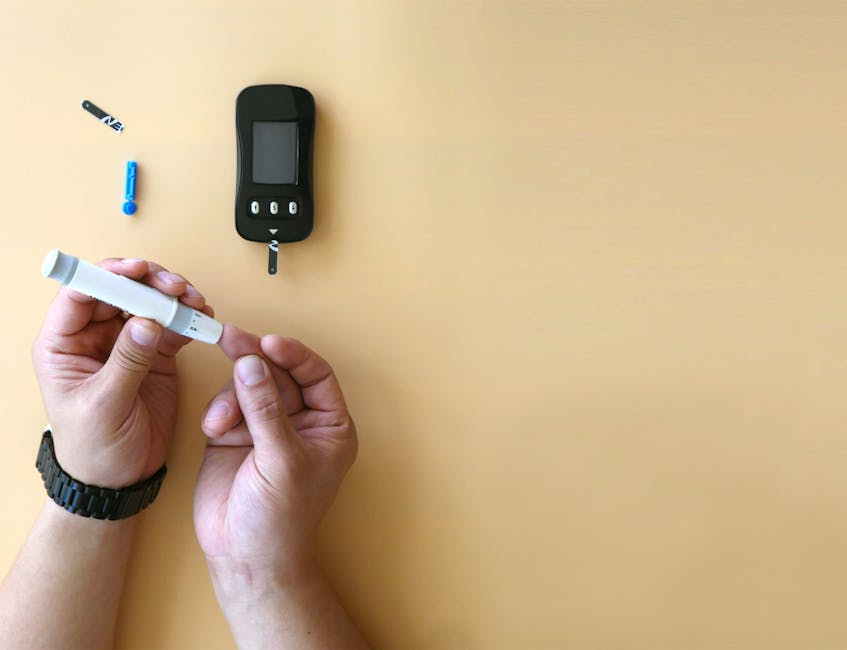Preventive Healthcare Measures for the Whole Family
In today’s fast-paced world, maintaining good health is more crucial than ever. Preventive healthcare allows individuals and families to stay ahead of potential health issues, ensuring a better quality of life and reducing medical costs in the long run. By adopting preventive measures, families can foster a culture of health and wellbeing that benefits each member. This comprehensive guide will delve into the essential preventive healthcare practices for the entire family.
Why Preventive Healthcare Matters
Preventive healthcare focuses on disease prevention and health promotion rather than treatment. According to the Centers for Disease Control and Prevention (CDC), chronic diseases such as heart disease, cancer, and diabetes are among the most common and costly health issues, yet they are often preventable. By incorporating preventive measures, families can significantly reduce the risk of these diseases.
Regular Health Screenings and Check-Ups
One of the cornerstones of preventive healthcare is regular health screenings and check-ups. These help detect potential health issues early when they are most treatable.
Annual Physical Exams
Scheduling annual physical exams for each family member is vital. During these exams, doctors can assess overall health, update vaccinations, and recommend lifestyle changes. According to the American Medical Association, individuals who regularly see their doctor are more likely to detect health issues early.
Screenings for Adults
Adults should undergo specific screenings based on age, gender, and family history. For instance, mammograms for women and prostate exams for men are crucial for early cancer detection. The U.S. Preventive Services Task Force (USPSTF) provides guidelines for various screenings, including cholesterol, blood pressure, and diabetes tests.
Pediatric Check-Ups
Children should visit their pediatrician for regular growth and development check-ups. These visits ensure that children receive necessary vaccinations and that any developmental concerns are addressed promptly.
Healthy Lifestyle Choices
A holistic approach to health involves making healthy lifestyle choices that contribute to long-term wellbeing. Families can achieve this by focusing on nutrition, exercise, and mental health.
Nutritious Diet
Adopting a balanced diet rich in fruits, vegetables, whole grains, and lean proteins is essential. The USDA’s MyPlate guidelines can help families create nutritious meals that meet their dietary needs.
Regular Physical Activity
Engaging in regular physical activity helps maintain a healthy weight, reduces the risk of chronic diseases, and improves mental health. The World Health Organization (WHO) recommends at least 150 minutes of moderate-intensity exercise per week for adults and 60 minutes per day for children.
Mental Health Awareness
Mental health is equally important as physical health. Families should encourage open communication about mental wellbeing and seek professional help if needed. Practices such as meditation and mindfulness can help reduce stress and improve mental clarity.
Vaccinations and Immunizations
Vaccinations play a critical role in preventing infectious diseases. They protect individuals and contribute to community health by reducing the spread of illnesses.
Childhood Vaccinations
Ensuring children receive recommended vaccinations on schedule is crucial. Vaccines such as measles, mumps, and rubella (MMR) and diphtheria, tetanus, and pertussis (DTaP) are essential for children’s health.
Adult Vaccinations
Adults should not overlook the importance of vaccines such as the annual flu shot and tetanus boosters. The CDC provides a comprehensive adult immunization schedule that families can follow.
Creating a Safe and Healthy Home Environment
Maintaining a safe home environment is another crucial aspect of preventive healthcare. This includes addressing potential hazards and promoting hygiene.
Home Safety Measures
Families should conduct regular home safety checks to prevent accidents. This includes installing smoke detectors, securing heavy furniture, and keeping hazardous materials out of children’s reach.
Promoting Hygiene Practices
Encouraging good hygiene practices, such as regular handwashing, can prevent the spread of infections. Families should ensure that everyone uses proper handwashing techniques and maintains personal hygiene.
Conclusion: Building a Healthy Future Together
Preventive healthcare is a proactive approach to maintaining family health. By prioritizing regular check-ups, healthy lifestyle choices, vaccinations, and a safe home environment, families can significantly reduce the risk of diseases and enhance their quality of life. Embracing preventive healthcare not only benefits individual members but also strengthens family bonds through shared commitment to wellbeing. Start today, and invest in a healthier future for the entire family.



